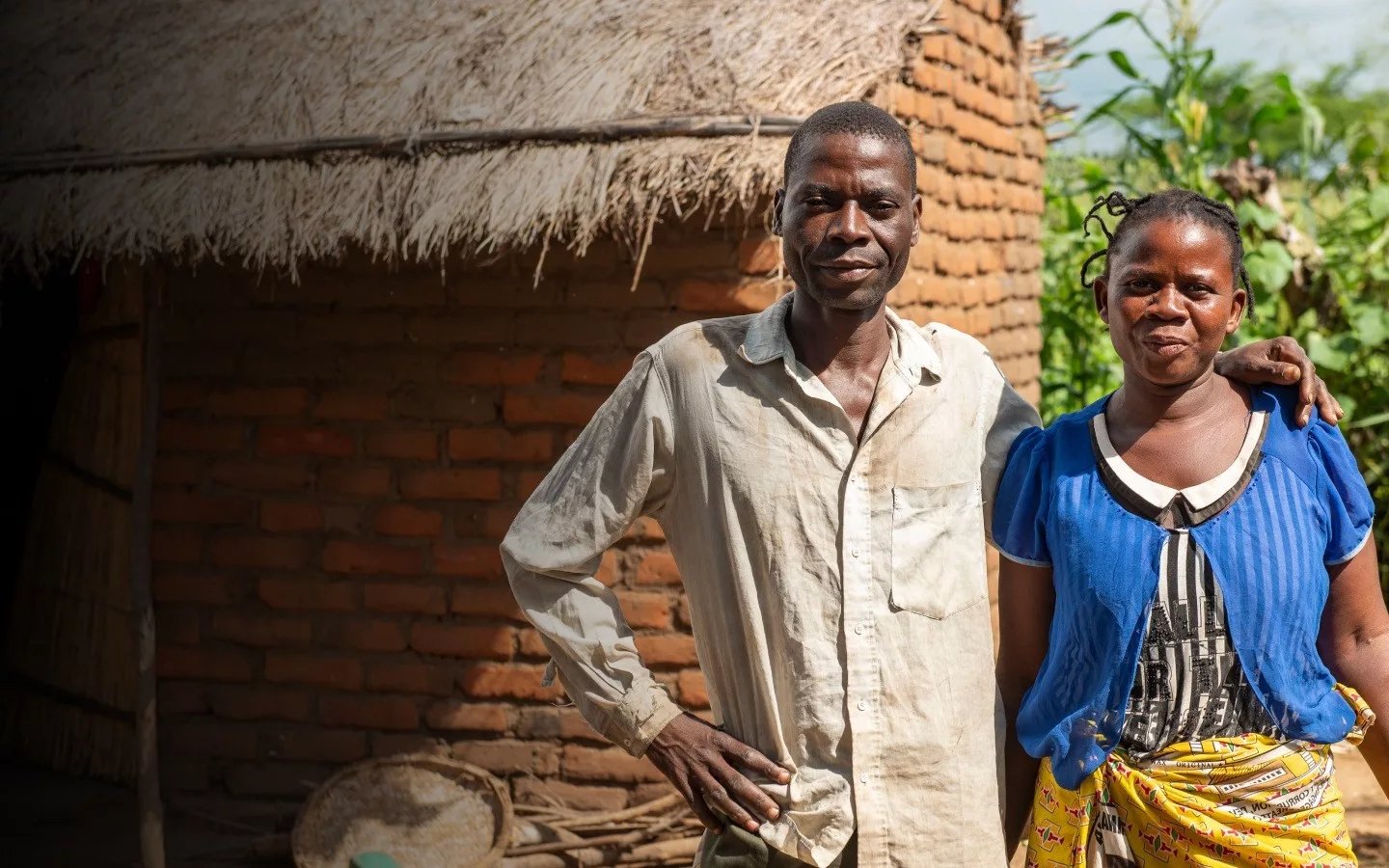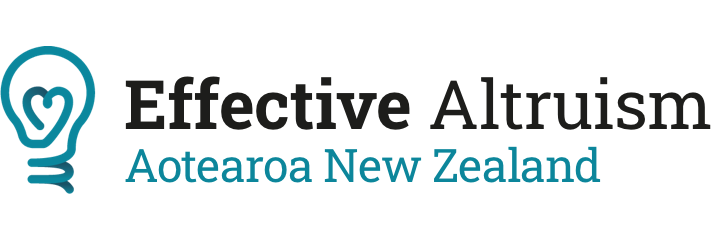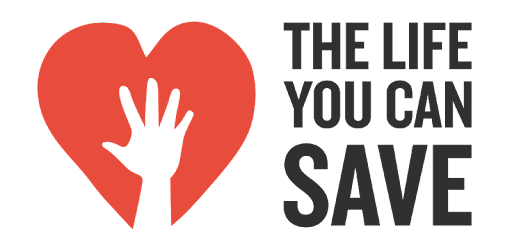
Send money directly to people living in poverty.
Mercy & Leonard, Malawi 🇲🇼
Charities > Global Health & Development > GiveDirectly
GiveDirectly lets you send cash directly to the world’s poorest, with no strings attached.
In the last decade, GiveDirectly has delivered $624M+ USD to over 1.5 million people across thirteen countries. They currently have operations in DRC, Kenya, Liberia, Nigeria, Malawi, Mozambique, Morocco, Nigeria, Rwanda, Uganda, USA, & Yemen.
Direct giving is an efficient, proven, and empowering way to help. Cash allows individuals to invest in what they need, instead of relying on aid organizations and donors thousands of miles away to choose for them.
GiveDirectly is a former GiveWell top charity. For more information, visit GiveDirectly’s website, or read GiveWell’s report on their work.
As recommended by
FAQs
-
The transfers are sent using electronic payments services such as M-Pesa and MTN mobile money. Recipients need a SIM card to participate, but GiveDirectly provide SIMs for households that do not already have one.
-
By design, cash transfers let recipients spend the money on whatever is most important to them. Common uses include paying school fees, starting a business, or purchasing livestock, furniture, or an iron roof.
Visit GDLive for a good idea of how cash is being spent in real time.
-
To date, recipients report relatively low levels of tension related to the transfers: only 5% report arguments within their communities and 1% report violence or crime.
Further, the available evidence suggests that transfers substantially reduce tension within households. One evaluation of GiveDirectly’s work found that “cash transfers reduce domestic violence and increase female empowerment in both recipient households and other households in the same village” (Haushofer & Shapiro, 2013).
-
No. An evaluation of GiveDirectly’s work in Kenya found no increase in expenditure on tobacco, alcohol, or gambling. This is consistent with a substantial body of research on the effects of cash transfers, which finds that, if anything, recipients spend less on alcohol and tobacco after receiving cash transfers (Evans and Popova, 2016).
-
This question is still under investigation. However, preliminary research suggests that lump sum payments may have more positive impacts, particularly when compared to short-term (rather than long-term) UBI programmes.
Learn more about the case for cash.
Technology allows us to give cash directly to the poorest people on the planet. Should we do it? In this thought-provoking TED talk, veteran aid worker Joy Sun explores two ways to help the poor.




